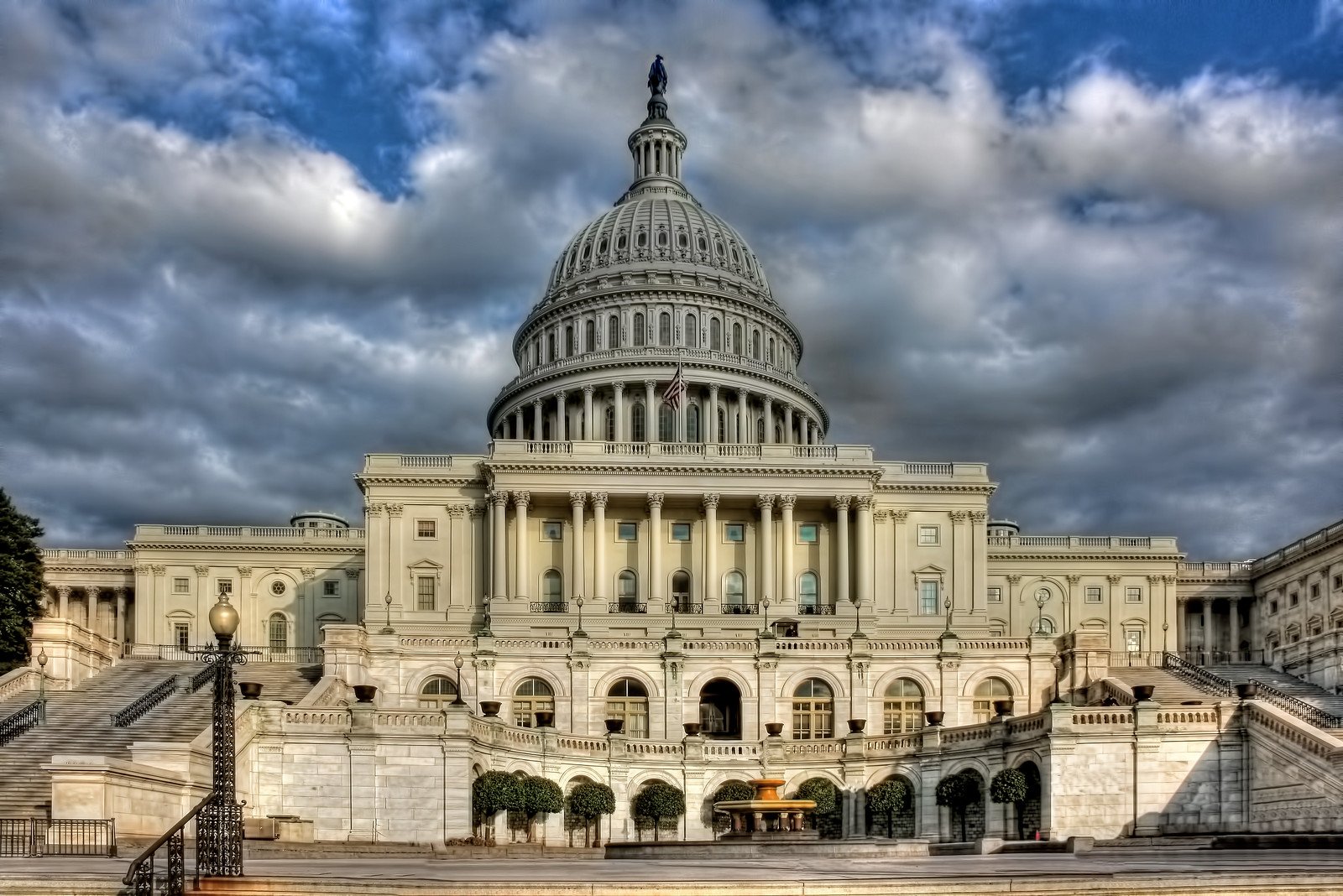
Key Takeaways
- House upholds President Biden's veto on nullifying SEC's SAB 121.
- SEC's SAB 121 requires public companies to include customers' Bitcoin on their balance sheets.
- Bipartisan support existed for overturning SAB 121, but the veto was upheld.
The U.S. House of Representatives upheld President Joe Biden’s veto on a bill aimed at nullifying the SEC’s Staff Accounting Bulletin 121 (SAB 121). This controversial rule requires public companies, especially banks, to include customers’ Bitcoin on their balance sheets, potentially increasing capital requirements for these institutions.
The final vote was 228 in favor of overriding the veto and 184 against, falling short of the two-thirds majority needed. This outcome keeps SAB 121 in place.
Rep. Maxine Waters (D-Calif.) noted ongoing negotiations between the SEC and the banking industry to potentially modify SAB 121. However, she criticized Republican efforts to repeal the SEC’s guidance, describing them as…
… blunt and overly broad.
Kristin Smith, CEO of the Blockchain Association, expressed disappointment in the decision, calling SAB 121 “a punitive, anti-digital asset tool” used by the SEC.
The Congressional Review Act (CRA) was used in the attempt to overturn SAB 121, following a Government Accountability Office review that indicated the SEC misclassified the policy as guidance. Despite bipartisan support in Congress, President Biden’s veto cited concerns that overturning the policy would restrict the SEC’s regulatory capabilities.
House Financial Services Committee Chair Patrick McHenry (R-N.C.) strongly supported the veto override, criticizing SAB 121 as regulatory overreach under SEC Chair Gary Gensler’s leadership. McHenry argued the rule limits consumer options and disrupts bank custody practices.
Although the resolution had initial bipartisan support, including 33 Democrats, President Biden defended his veto, emphasizing the importance of the SEC’s ability to implement necessary regulations.




